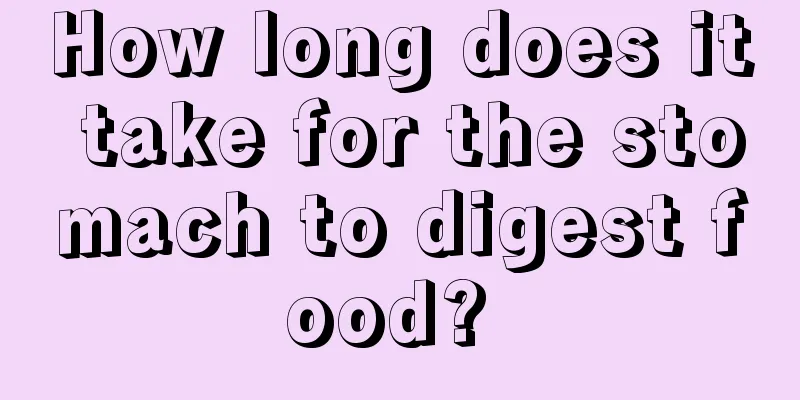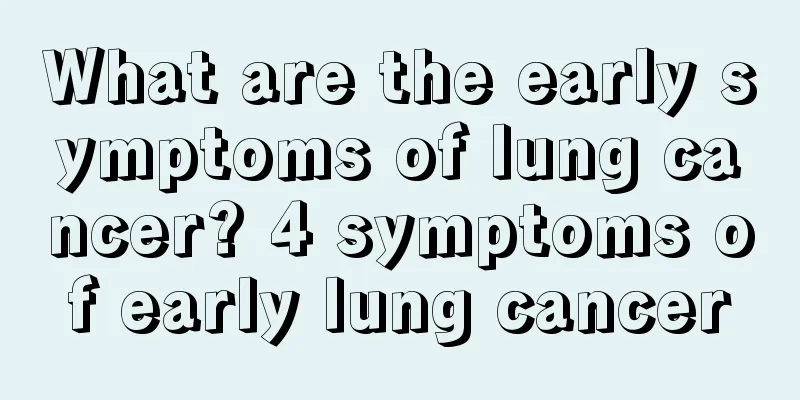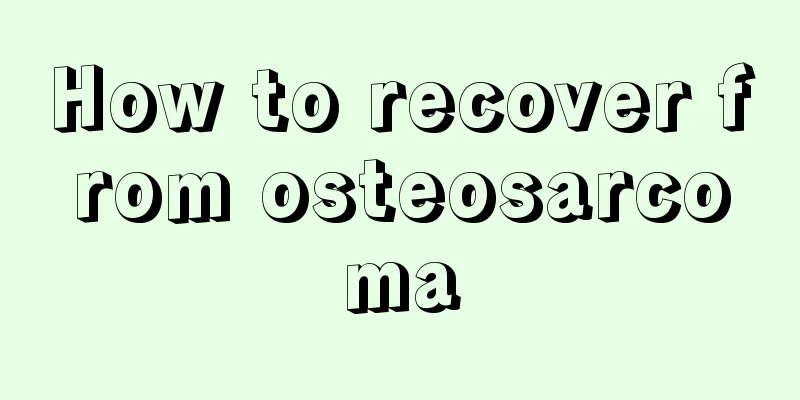How long does it take for the stomach to digest food?

|
The stomach is a very important part of the human body. The food we eat needs to be digested by the stomach to provide the body with various nutrients. The human body can only survive on various nutrients. If the stomach is not good, then the digestion of food will not be good. Insufficient nutrition will reduce the body's resistance and endanger human health. Many people still don’t understand how long it takes for the stomach to digest food. How long does it take for the stomach to digest food? Let’s take a look at it next. 1. How long does it take for the stomach to digest food?
1. After food is eaten, it takes four hours for the stomach to break it down and digest it. After that, the stomach will transport the food to the small intestine. After further decomposition and absorption, the ingredients needed by the body are absorbed, and those that are not needed will be sent to the large intestine. In the meantime, it needs to be excreted from the body through intestinal peristalsis. The time for excretion varies from person to person, and basically it takes about 8 to 10 hours. Usually, you should consume more dietary fiber foods to help excrete toxins and waste gases from the body. 2. Food Digestion Process 1. The digestion of food starts in the mouth. Food is mainly digested mechanically (food is ground) in the mouth. Because food stays in the mouth for a very short time, the digestive effect in the mouth is not significant. 2. After food enters the stomach from the esophagus, it is subjected to mechanical digestion by the stomach wall muscles and chemical digestion by the gastric juice. At this time, the protein in the food is initially broken down by the pepsin in the gastric juice (with the participation of gastric acid), and the stomach contents become a porridge-like chyme, which is pushed into the duodenum through the pylorus in small amounts multiple times. After the chyme enters the duodenum from the stomach, digestion begins in the small intestine. 3. The small intestine is the main place for digestion and absorption. Food is digested chemically by pancreatic juice, bile and intestinal fluid, as well as mechanically in the small intestine. Various nutrients are gradually broken down into simple, absorbable small molecules and absorbed in the small intestine. Therefore, after the food passes through the small intestine, the digestion process is basically completed, leaving only difficult-to-digest food residues that enter the large intestine from the small intestine. 4. There is no digestive function in the large intestine, only a certain absorption function.
3. Notes Usually, be careful not to overeat and don't eat particularly spicy food. |
<<: Can white wine cure toothache?
>>: Is the blue light acne removal device useful?
Recommend
How to choose a hospital for colon cancer treatment
Colon cancer may not have any symptoms in the ear...
There is a small bump outside the anus
The symptom of a small lump outside the anus is m...
Can stomach cancer metastasize to the liver still be cured? Actively cooperate with treatment
Gastric cancer liver metastasis is treatable. The...
How to preserve flowers for a long time
Flowers are something that can make our hearts be...
How to remove Chinese medicine stains? Here are some tips to help!
People use traditional Chinese medicine to treat ...
What causes cervical cancer? What are the symptoms of cervical cancer?
For female friends, they are prone to some gyneco...
Can you eat bitter lilies?
Many people know that lily has the effect of nour...
Different parts of gray hair need different remedies
After a certain age, the occurrence of gray hair ...
Aortic sclerosis, it is easy to rely on these people
Arteriosclerosis is most common among middle-aged...
What are the symptoms of prostate cancer
Prostate cancer is an invisible killer in the cur...
Folk remedies for treating lymphoma
Lymph is the largest immune organ in the body. Wh...
What are the hazards of air quality to human body
With the rapid expansion of the economy and the a...
How to take good care of patients with pituitary tumors
For the treatment of pituitary tumors, postoperat...
What are the symptoms of bladder tumors
Bladder tumors are a relatively common type of ur...
Why can't I pee?
If men do not take good care of their genitals, t...









